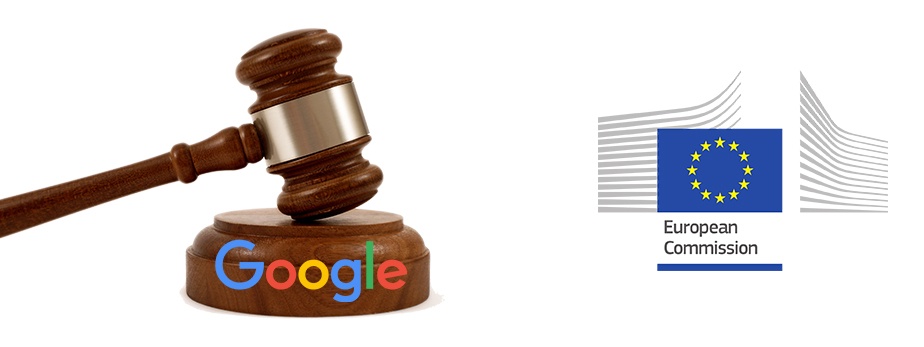New EU Copyright Directive to Affect Google, Facebook
On Tuesday, the European Parliament passed a new copyright directive that might have a negative impact on tech giants like Google and Facebook. The law aims to support artists and publishers to have control over their work and monetise it. On the other side, critics say that the new rules will harm creativity.
YouTube And Google News Might Work Differently
The first reading of the new law was passed in Strasbourg, but it still has to go through the review of the Council of Europe. Lawmakers have worked on the copyright directive for about three years, during which tech giants have had fierce debates with media companies and artists. The European Commission (EC) started to evaluate the law in 2017 in an attempt to protect the media industry with all its ramifications, which is worth about $1 trillion a year, accounting for 6.8% of the European economy.
The reform was voted by 348 members of the European Parliament (MEPs) against 274. The new rules are meant to support the European culture, according to some MEPs. Thus, Google, Facebook, and others will be forced to sign licensing agreements with authors, musicians, artists, news publishers, and journalists, to share their material on the Internet. Also, YouTube, which is owned by Google’s parent Alphabet, and FB’s Instagram will have to set filters to block users from uploading copyrighted content.
Google was among the furious critics, raising concerns over the negative impact on YouTube and the news aggregation service Google News. The latter might post links or snippets to the news articles.
The Heated Debate Continues
Both sides have been pushed a strong lobby. Andrus Ansip, the EC’s digital chief for Europe favoured the rules, noting that the changes would help journalists, artists, writers, musicians, and actors to improve their positions in relation to the online platforms. He said:
Today’s vote ensures the right balance between the interests of all players – users, creators, authors, press – while putting in place proportionate obligations on online platforms.
On the other side, the European Consumer Organisation (BEUC) supported Google, which claims the new directive will result in legal uncertainty and even harm the EU’s digital economy. BEUC director general Monique Goyens noted:
Consumers will have to bear the consequences of this decision. Their concerns had been voiced loud and clearly, but MEPs chose to ignore them.
Raegan MacDonald, the head of EU public policy at Firefox maker Mozilla, was even more categoric:
The EU institutions have squandered the progress made by innovators and creators to imagine new content and share it with people across the world. They have handed the power back to large U.S. owned record labels, film studios and big tech.
Lawmaker Julia Reda, who spoke against the new changes, stressed that the directive was against the free Internet. She said that algorithms couldn’t differentiate between real copyright infringements and legal re-use of content for various purposes, such as parody. However, lawmaker Axel Voss is confident that the reforms will actually do exactly the opposite of killing the Internet.
In February, several countries, including the Netherlands, Poland, Italy, Finland, and Luxembourg refused to support the new changes. However, that didn’t stop the European Parliament from passing the first reading.
Anders Lassen, President of GESAC, a European association of authors and composers, expressed his satisfaction:
Today is a victory for Europe and its independence from a few tech giants who have profited off outdated legislation. [The rules] will, at last, provide the tools to ensure the fair remuneration that creators have been asking for.
The stock prices of Google, Facebook, and Twitter have had mixed reactions on the news. On the NASDAQ exchange, Google’s Class C shares lost about 0.7% on Tuesday, while FB saw its share price increasing by 0.85%. On the New York Stock Exchange, Twitter’s stock price rose 1.44% on Tuesday.

Anatol has been writing for our news site for a year and is the newest member of our team. While he’s new to us, he’s certainly not new to trading with over 10 years’ experience being a professional financial journalist and working in the markets.

 News Home
News Home
 Privacy Policy
Privacy Policy
 About Us
About Us







